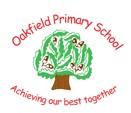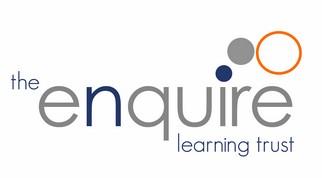Curriculum overview for geography
Locational knowledge
• Developing a sense of place and identity
• Developing an appreciation of distance and scale
• Learning about the orientation of the world
Place knowledge
• Building on place knowledge. Locating a place and attaching meaning to a space
• Comparing places to places of familiarity
. Our geography curriculum consists of four key strands, outlined in the National curriculum. It is taught in units and, where appropriate, the themes of the units are linked to the main texts for the term.
• Making comparisons between different places studied
Human and physical geography
• Describing and explaining different environments
• Using geographical vocabulary to refer to physical and human features
In Key Stage 2
• Studying why certain phenomena happen and their impact over time
• Understanding how human and physical processes interact
Geographical skills and fieldwork
• Interpreting maps, globes and atlases
• Connecting learning to the complexity of the real world
• Using the enquire cycle
• Drawing together locational knowledge and that of human and physical features
Our units include enquiry-based questions which enable the children to work as geographers and develop their enquiry skills through a five-step cycle: Enquiry cycle
• Question – finding a line of enquiry
• Observe – planning how to answer a question, drawing on prior knowledge
• Measure – using quantitative or qualitative data to answer the question
• Record – record date in different ways to support analysis and interpretation
• Present – presenting findings and reflect on the process and validity
Our curriculum includes key geographical concepts. There is interplay between these concepts, and they are are revisited across the phases to ensure that the children have a secure understanding of:
• Place
• Space
• Scale
• Interdependence
• Physical and human processes
• Environmental impact
• Sustainable development
• Cultural awareness
• Cultural diversity
Both formative assessment and end of unit summative assessments inform our planning. Summative assessments are recorded termly and shared with the subject leader.




